Our Partners
A partnership with re:power is a customized engagement of our staff and trainers to help you meet your training and capacity needs as an organization.
We consider our partners co-collaborators in the program planning and execution process, and each partnership training is different because each partner organization is different. Our team works closely with partner staff to assess goals, vision of success and training needs, and costs are based on the scope of work as well as the partner’s budget. Partnership engagements with re:power vary and can include any of the following, and more:
- Customized training to organization staff
- 1-on-1 coaching
- Strategic planning facilitation
- Program Design & Management Support for new programming
- Customized curriculum development for in-house training teams
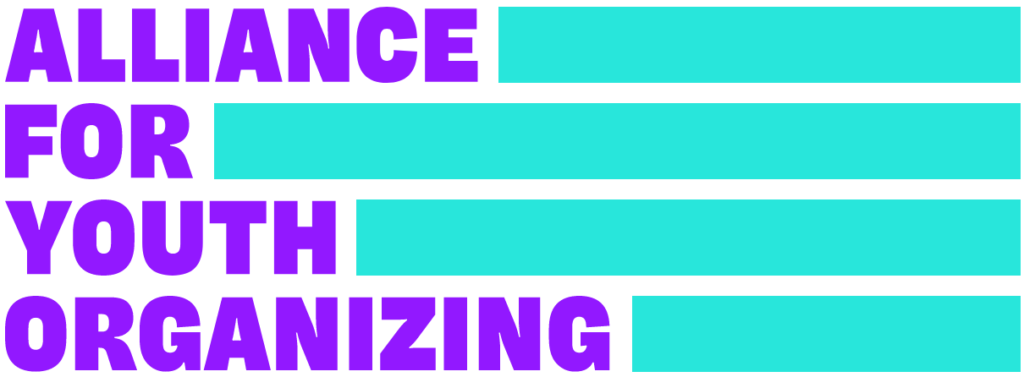




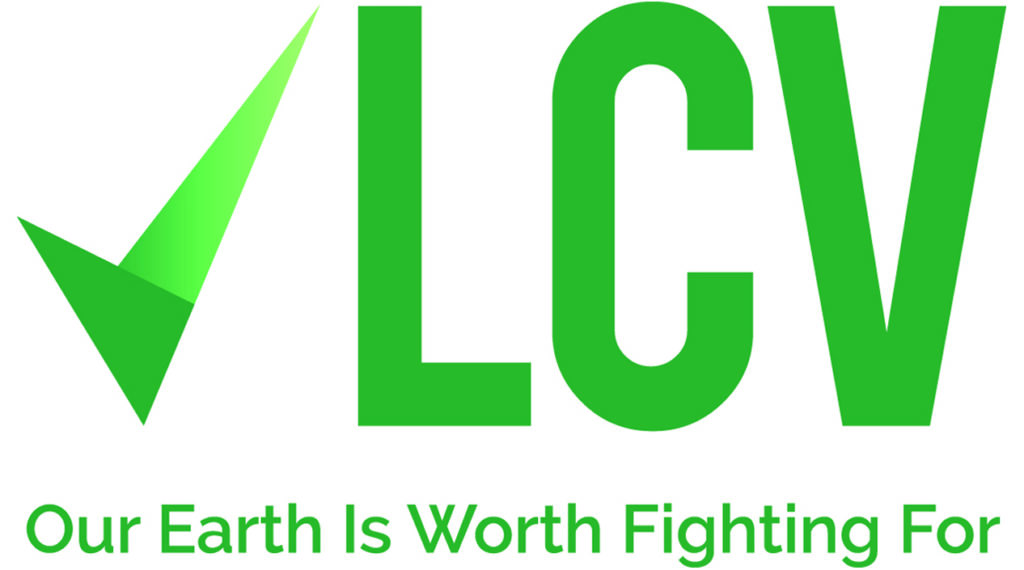

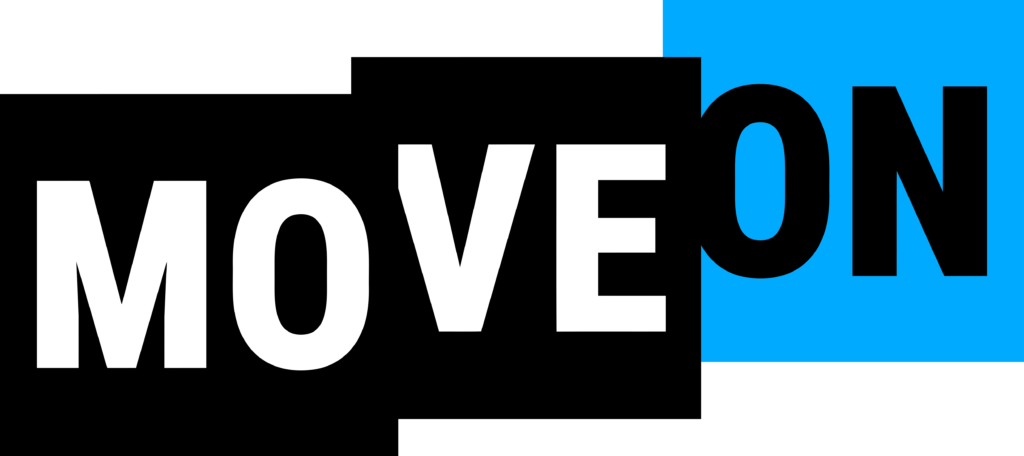
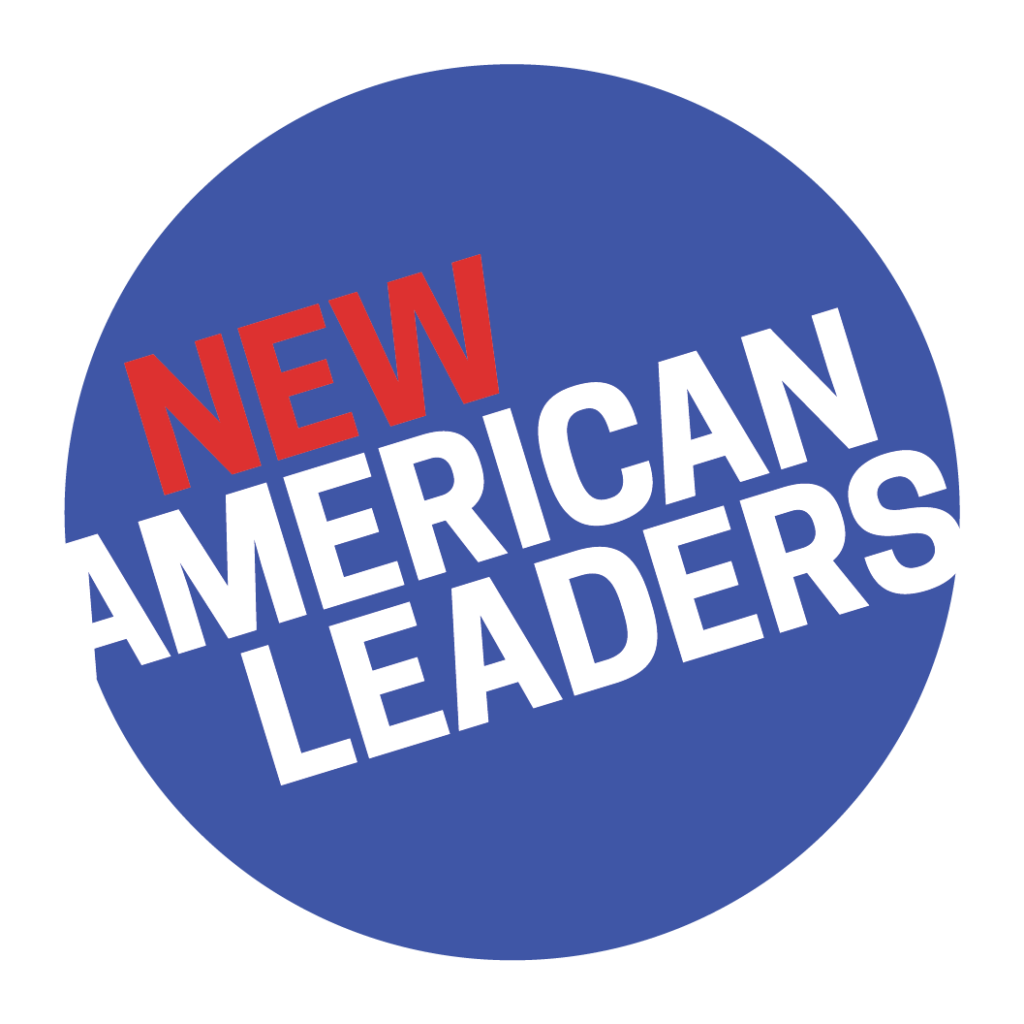

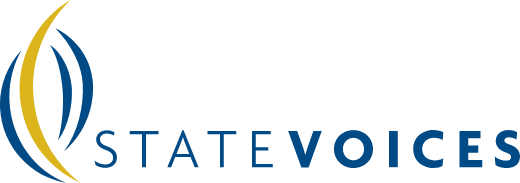
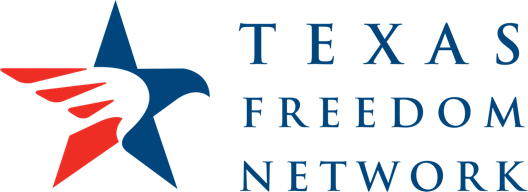
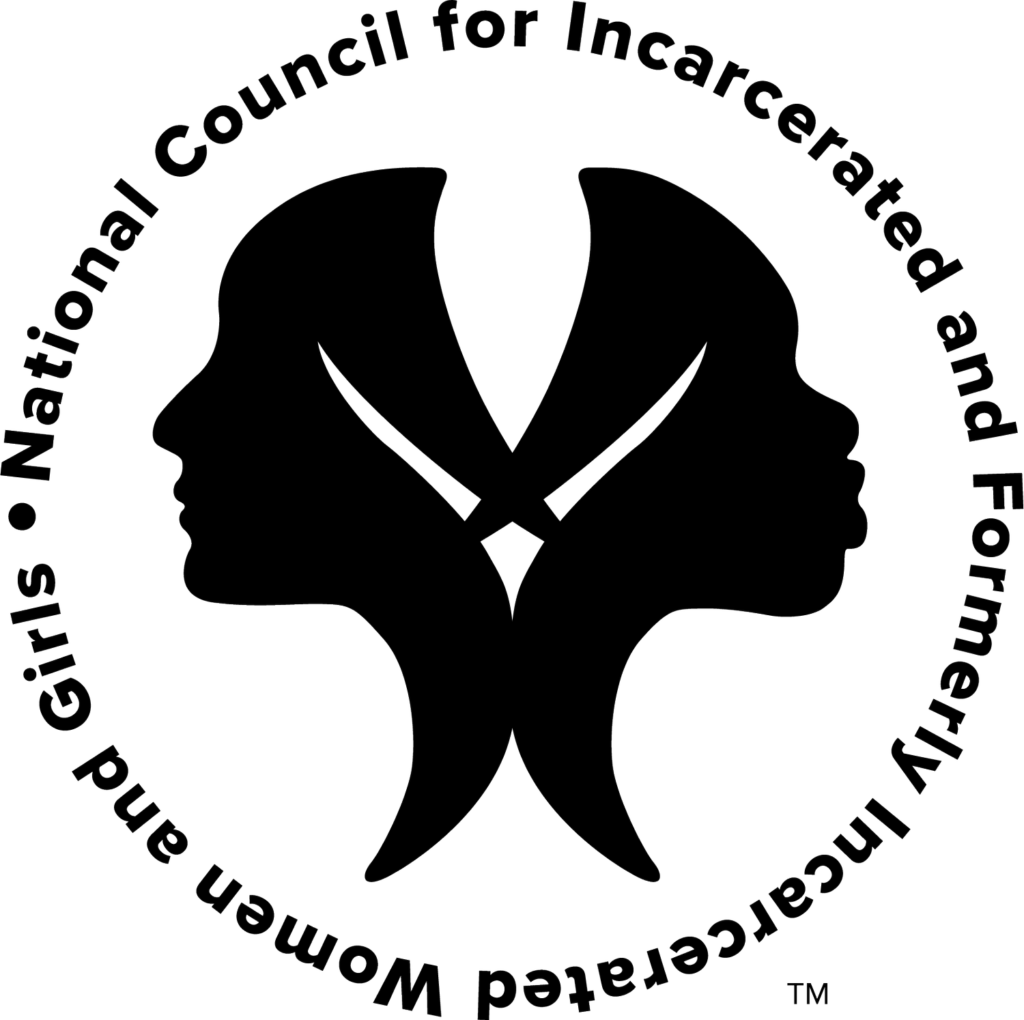
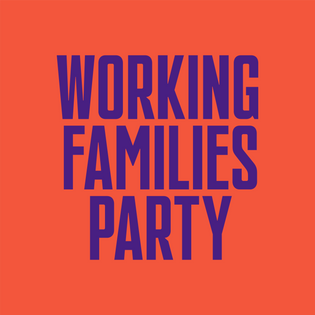
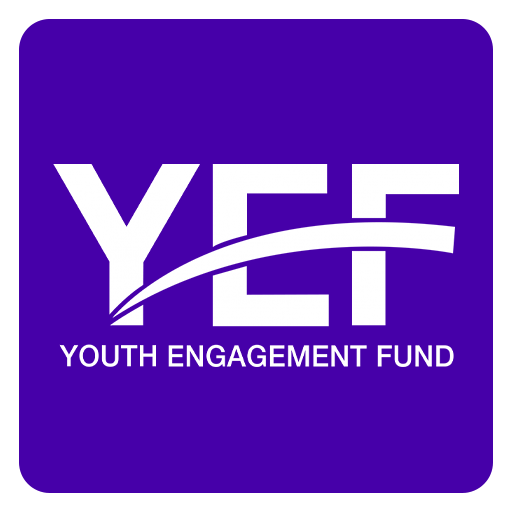
Partnering with re:power
We believe in providing 360 degrees of support to our partners.
This means that our staff is consistently responsive and available to partners, and that we routinely solicit partner engagement and feedback to ensure alignment of goals and satisfaction of services.
After nearly two decades of partnering with organizations across the progressive movement, we know that no two partners are alike and we customize our approach to each partner. Below is one example of a successful process we use when working with partners on a project:
Our Process
1. Align
The first step of our process is meeting with the partner to begin building the relationship and to develop a deep understanding of their perspectives, needs and priorities. Based on these initial meetings, our staff draft a program proposal that includes the vision of success, goals, deliverables, timeline and budget. We review and discuss the proposal with the partner to ensure full alignment before finalizing a contract.
2. Assess
To understand participants’ needs and to measure the impact of the training program on their learning, re:power conducts a wrap-around assessment at three different points─before the program begins, at the midpoint of the program, and after the program concludes. The assessments are carried out using surveys and interviews, with questions remaining consistent over time to allow for data comparability.
3. Design
Our program design process is grounded in the assessment results, which allow us to customize the curriculum so that it speaks to the lived experiences, needs and capabilities of participants. We also believe that, beyond the curriculum, the choices of who teaches at the front of the room and how the training space is structured can impact participant learning and growth. To that end, we make intentional choices about the composition of the training team and the type of learning environment we want to create.
4. Pilot
Once the curriculum and the training team are finalized, we pilot the first phase of the training program which includes a train-the-trainer, the training itself, and any post-training activities such as debriefs with the training team, follow-ups with participants and logistical wrap-up.
5. Evaluate
While mechanisms for feedback are woven throughout the program, we build in time to formally evaluate the pilot so that we can discern the program’s strengths and areas of improvement and make strategic pivots where needed. Based on the assessments, as well as verbal and written evaluations from participants and trainers, we revise and improve upon the overall design and delivery of the training.
6. Iterate
Once re:power and the partner are satisfied with the evaluation and subsequent revisions, we iterate on the process by launching the next phase of the training program, and then we evaluate and revise once more. With each iteration, we have the opportunity to experiment and to learn from adding on a new approach such as recruiting former participants to become trainers or growing the program in size and frequency.
7. Scale
We want to ensure that our programs continue to grow and thrive long after the partnership. To that end, we provide clear recommendations on how to scale our programs so that they can be used in the future.
“The re:power training was very helpful—we want to replicate it at the staff level intentionally with re:power because of their cultural competency and expertise.”
Director, New American Majority Action Fund